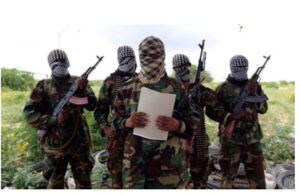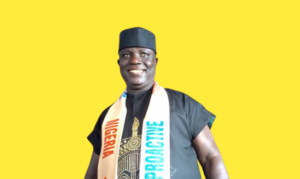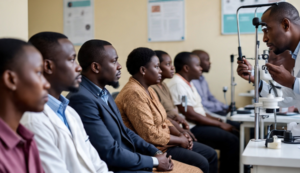My 2023 Birthday Message. By Austin Agbahiwe, PhD.
4 min read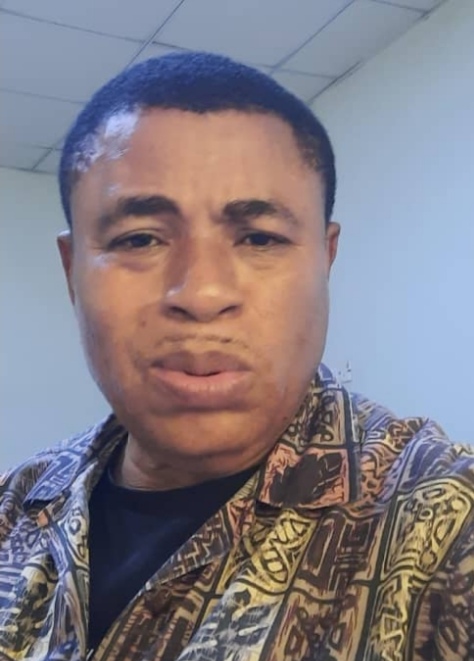
Very many thanks, the editor of Umuaka Times, for your goodwill messages to me during my birthday on October 7. Important also, was your demand for my generic perspectives to all Umuaka people, Imo State and Nigeria in the face of the dwindling and harsh economic realities.

Well, in view of the unpredictable bleeding macroeconomic variables in play in Nigeria, and indeed the world over not helped by the aftermath of the covid-19 pandemic and worsened by the Ukarine Russian imbroglio, everyone must strive to destroy what I term as seven dangerous financial habits that keep one poor even with good income flows. They are:
1) Living beyond one’s means.
2) Not saving or investing.
3) Making only minimum payments on one’s debts,
4) Not having an emergency fund.
5) Impulse buying,
6) Avoiding financial education.
7) Falling for get-rich-quick schemes.
Instilling financial discipline by living below one’s means, budgeting wisely, cutting unnecessary costs, paying off debts rapidly, automating savings, investing early and often, getting educated, working with professionals and saying no to shortcuts are a must habit to be developed or sharpened by all. With focus and diligence, one can therefore achieve some levels of financial peace, no matter the songs the economy chooses to sing at any particular time.
On Umuaka and the much talked about dilapidated community hospital, my take is that we should summon up the political courage to concession whatever is left of the asset, which to me, is the parcel of land, to willing investors under a “CPP” (Community Private Partnership), arrangement that will see the investors plugging in resources to rebuild, equip and operate the hospital and pay the owners of the land royalties. I can arrange for local or foreign investors in this direction. Everyone should know that hospital business is unique in the sense that while human resources constitute 60% and equipment constitute 30%, building and land constitute only 10% in the making of an efficient and effective hospital. At the end of it all, the people of Umuaka will have a viable first class secondary hospital that can create value and save lives. I laugh when people suggest handing the hospital to government, and I ask, which government, which hospital? The government that has money or the one that’s saddled with debts or what? Even if the government has the resources, they don’t have the mentality of profitably operating business models for sustainability. In the light of the growing “centripetal” and “centrifugal” political forces at play now among the ten autonomous communities of “old Umuaka”, I don’t think we will ever come together again to do what our forefathers did by collectively raising funds and putting up the hospital and running it successfully for years. I remember establishing the books of accounts for the hospital in 1994, when Dr Mazi Ojiaku was the Chairman of Umuaka Development Union and late Chief Samuel Udeagwu (Oshimiri) was the Chairman of the hospital board. It must also be stressed that in economics, supply stimulates demand. When the hospital is turned into a value creation entity, money chases value and the precipitates in form of profit will be used to sustain the business model and pay off the stakeholders over time.
On Imo as a state and Nigeria as a nation, we are yet to get it right. There is inadequate and even lack of fixed capital formation (road and rail infrastructures, power and electricity, security and portable water and most importantly, functional health insurance schemes) and the absence of these vital structural necessities in the right proportions have created a future that is not looking cheerful at all, at least in the short run. This is worsened by the mounting cost of governance and the attendant corruption.
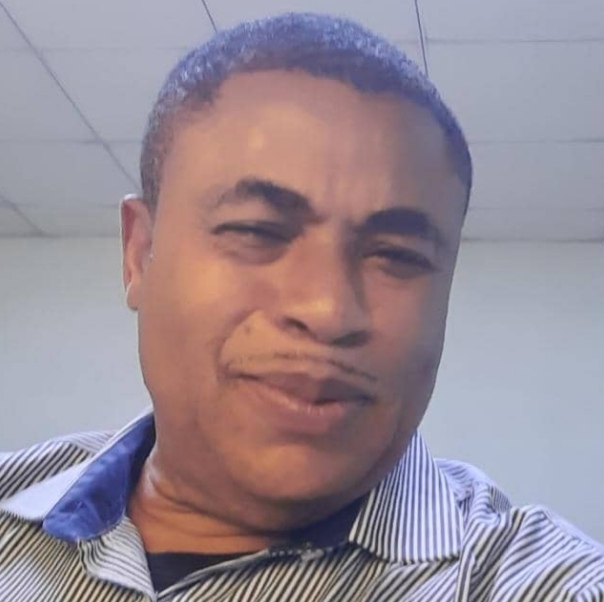
Nigeria is now at a cross road and everyone is being compelled to begin to think about home grown services and goods against the imported by allowing a floating exchange rate, which is now driving the worst form of inflation ever experienced in the economy. The nation’s currency will continue to be eroded as long as we continue to pay lip services to the national capital formation that are invariably the stimulants needed for local production. We are all suffering now from the misuse of accrued resources over the years with disturbing debts overhang. The other alternative would have been for the government to continue to print paper naira not backed up by production and the effect would still be the same heightened inflation (drastic reduction of the tangible value of money in our pockets). All said, the economic challenges arising therefrom cannot be mitigated by short term palliatives of any kind. The truth is that while individuals should continue to adjust emotionally and materially to the current realities, the government must pay serious attention to the issue of basic fixed capital formation which only they have the needed muscle. No more, no less as we struggle to live with the notion that tomorrow will be better.
Again, thank you, Umuaka Times, for the opportunity of sharing some of these insights!

